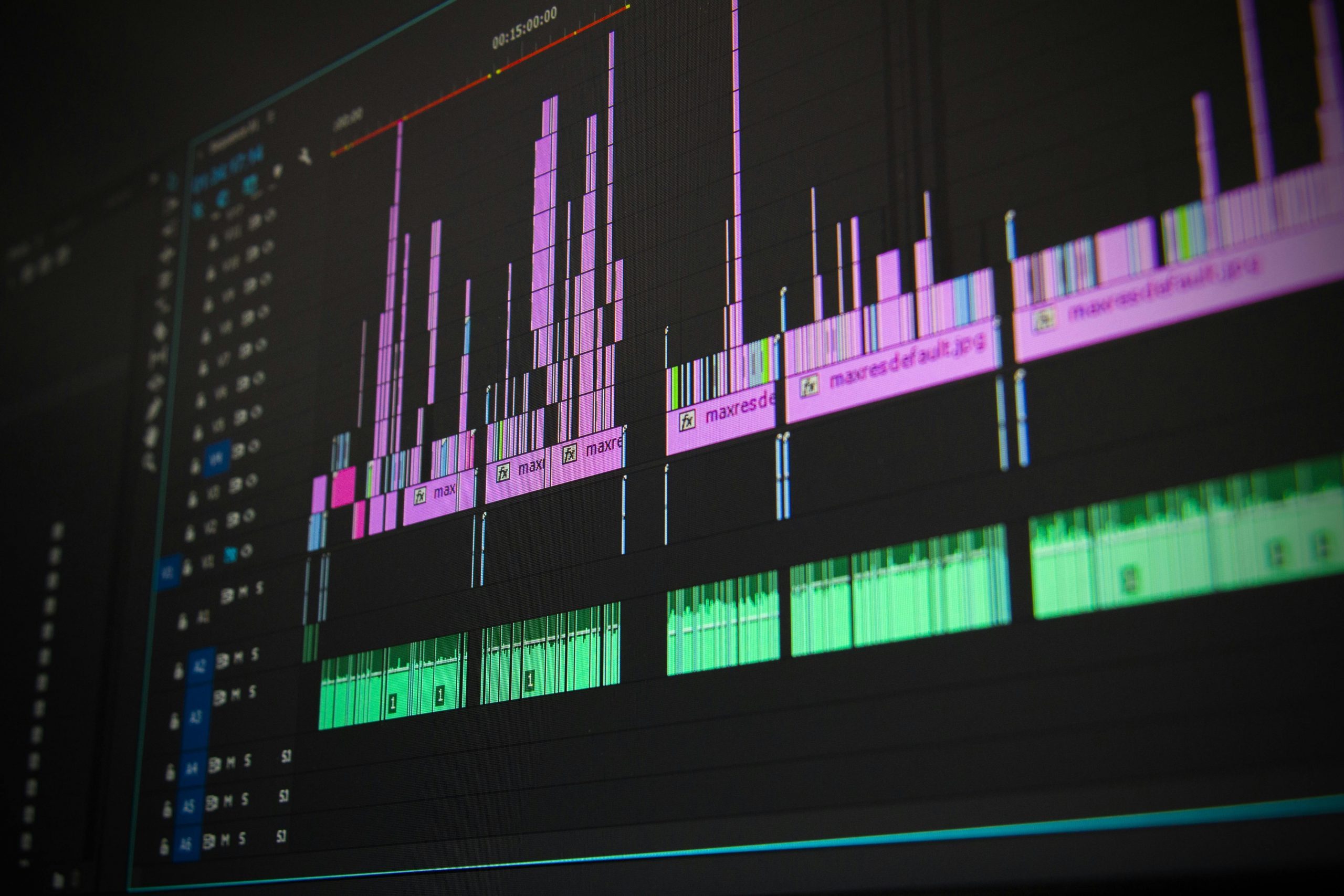
The global recorded music industry soared to nearly $30 billion in 2024, with streaming as its core. Yet, a sophisticated threat is draining this success: artificial streaming fraud. Criminals are leveraging Artificial Intelligence (AI) to produce millions of fake songs and armies of bots, which then generate billions of artificial streams. This fraudulent activity diverts money from the finite royalty pool—funds meant for real artists, labels, and creators—into criminal bank accounts. As Melissa Morgia of the International Federation of the Phonographic Industry (IFPI) notes, “AI is the ultimate enabler” of this crime.
The Financial and Creative Damage
The scale of the problem is staggering. Fraudsters have abandoned the old, easily detectable method of repeatedly streaming one fake track. Today, they use AI to flood platforms with vast quantities of unique, fake songs and stream each just enough to “stay under the radar,” as demonstrated by cases like the lawsuit against North Carolina musician Michael Smith. Morgan Hayduk of Beatdapp, a fraud-tracking service, estimates the financial loss is at least a billion dollars annually. This theft doesn’t just hurt the bottom line; it also impacts emerging talent. David Sandler, VP of Global Content Protection at Warner Music Group, points out that the fight against fraud consumes resources that could otherwise be spent on “discovering new artists.” Furthermore, manipulated play counts skew platform algorithms, making it harder for genuine musicians to get heard.
The Industry Fights Back with Unified Action
The music industry is fighting fire with fire, using advanced technology and unprecedented collaboration. Streaming giant Deezer, which estimated in April 2025 that 18 percent of its daily uploaded content is AI-generated, has introduced an innovative artist-centric remuneration model. Thibault Roucou, Deezer’s Royalties and Reporting Director, highlights their approach: “We have been using AI to fight this since 2017,” alongside a new system that caps a single user’s stream count for royalty generation, effectively neutralizing the power of simple stream bots. Beyond individual efforts, industry leaders including Spotify and SoundCloud formed the Music Fights Fraud Alliance in 2023. This collaboration is crucial because, as Sandler states, “This is a global problem… and we need a unified effort.”
The Call for Global Implementation
To win this fight, the industry must continue to share data and develop new AI-based detection tools. The final hurdle is ensuring global enforcement. While Melissa Morgia confirms that “The legal tools to take action globally are there,” the challenge lies in their effective implementation across borders. The battle against AI-enabled streaming fraud is a defining test for intellectual property in the digital age, requiring sustained cooperation between streaming platforms, rights holders, and international institutions like WIPO.








